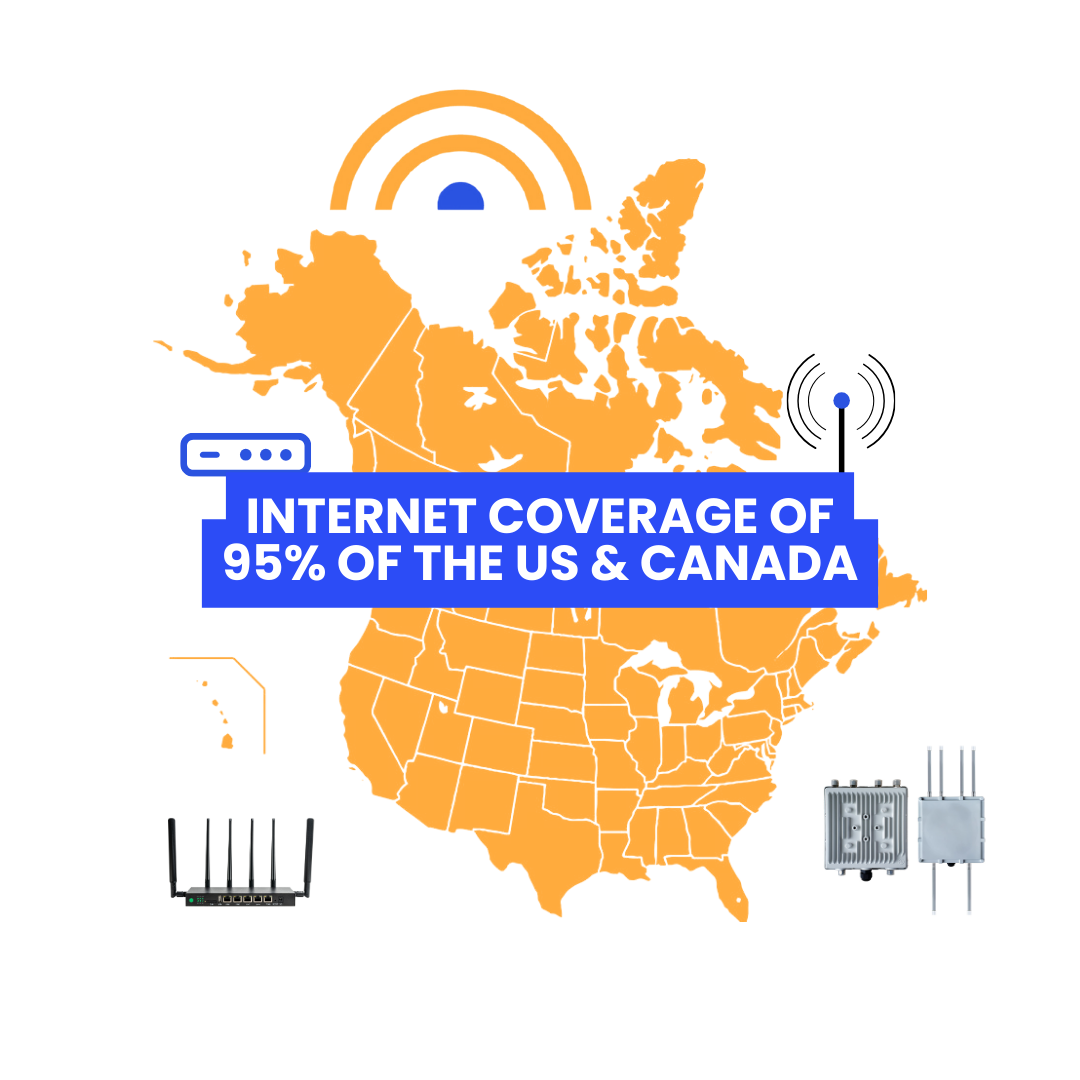Why Corporate America is Obsessed with “Corporate Culture”

In the glossy brochures and vibrant websites of many corporations, the portrayal of an idyllic workplace culture reigns supreme. Pictures of smiling employees at group outings, vibrant office spaces with beanbags and ping pong tables, and testimonials about "company fun times" paint a picture of a modern utopia for the workforce. But beneath the surface of these carefully curated images lies a more complex and sometimes deceptive reality. Increasingly, critics argue that the emphasis on "culture" and workplace perks is used by corporate America not just as a tool for attracting talent, but as a smokescreen for obstructing career progression and masking a lack of substantive employee benefits.
For many companies, culture has become a cornerstone of their identity and a key selling point, particularly in recruitment efforts. The promise of a fun, inclusive, and dynamic work environment is enticing, especially to younger generations who value workplace satisfaction and work-life balance (Eagle Hill Consulting, 2023). These "company fun times" are often showcased as evidence of a company's commitment to its employees' happiness and well-being.
The Darker Side: Distraction and Deception
However, critics argue that this focus on culture often serves to distract from more significant issues impacting employees' lives and careers. While team-building retreats and game rooms can contribute to a positive environment, they do little to address issues like undermarket salaries, limited promotion opportunities, inadequate healthcare, and job insecurity.
There's a growing concern that the emphasis on culture can create a veneer of inclusivity and progressiveness that masks the reality of blocked pathways and limited options for many employees. In some cases, the culture is wielded as a tool to encourage loyalty and dissuade dissent, with the implicit suggestion that dissatisfaction with career progression or compensation should be offset by the myriad "perks" of the job.
A 2022 PwC survey found that 73% of employees prioritize opportunities for development and advancement over perks like free food. Similarly, a Forbes survey revealed that 80% of workers would rather have clear career paths and meaningful work than ping pong tables.
Beyond the Smoke and Mirrors: Redefining Culture
This doesn't imply that company culture is unimportant or that efforts to create a positive work environment are disingenuous. Many companies genuinely strive to create a workplace where employees feel valued, supported, and happy. However, for corporate culture to be truly beneficial, it must be part of a broader commitment to employee well-being that includes fair compensation, meaningful opportunities for career advancement, and a genuine effort to create an inclusive and supportive work environment.
Looking Beyond the Beanbags: Transparency and Collaboration
As the workforce continues to evolve, companies need to reassess their priorities and ensure their culture reflects genuine care for their employees, not just a facade. This includes being transparent about the challenges and limitations within their organization, and working collaboratively with employees to address them.
A 2021 Harvard Business Review article argues that a focus on perks can backfire when it becomes the main selling point. When companies prioritize superficial aspects of culture over employee well-being and growth opportunities, it creates a disconnect that can lead to employee dissatisfaction and ultimately, higher turnover.
Conclusion
While "company fun times" and a strong corporate culture can contribute to a positive work environment, they should not be used to obscure the realities of the workplace or to compensate for inadequate employee benefits and opportunities. As we navigate the complexities of the modern workplace, it's essential to look beyond the surface and ensure that the culture of corporate America aligns with the real needs and aspirations of its workforce.
Additional Resources:
- Eagle Hill Consulting. (2023, March 1). What Gen Z Wants at Work. https://www.greatplacetowork.com/certified-company/1207463
- Gallup. (2023, March 21). Employee Engagement Needs Rebound in 2023. https://www.gallup.com/workplace/468233/employee-engagement-needs-rebound-2023.aspx








Dejar un comentario